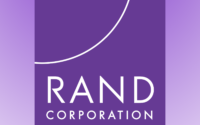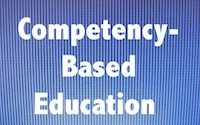Distance Learning Programs Make Case for Quality Assessment
The Dallas County Community College District had grown its online learning programs organically for two decades when Terry Di Paolo, executive dean of online instructional services, decided it was time to take a “holistic view” of the programs to assess quality and create an improvement plan that aligned with its accreditation work. Campus Technology














